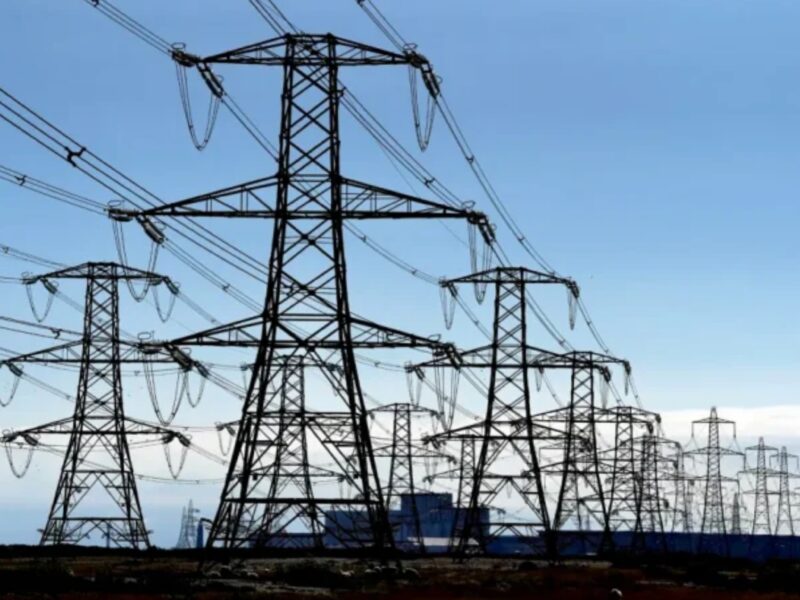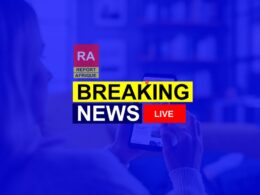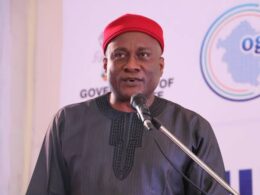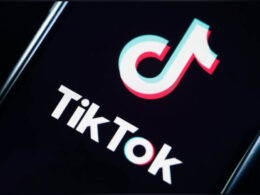The Alliance with Rockefeller Foundation and Bezos is currently constructing two additional mini-grids and has secured funding for a fourth, with plans to expand across the country.
Abuja, Nigeria – A consortium backed by global figures, including the Rockefeller Foundation and the Bezos Earth Fund, is set to make significant investments in Nigeria’s energy sector, aiming to alleviate the chronic power shortages that have plagued Africa’s largest economy for decades.
According to a report from Bloomberg, the initiative is being spearheaded by the Global Energy Alliance for People and Planet (GEAPP), a partnership between the Rockefeller Foundation, Bezos Earth Fund, and the Ikea Foundation.
The Alliance is piloting a program aimed at addressing Nigeria’s persistent power issues through the use of solar mini-grids.
The first interconnected solar mini-grid, launched in December 2021, has already demonstrated its ability to supplement the unreliable national grid. These decentralized energy systems harness solar power to provide electricity, ensuring businesses and households remain operational even during frequent blackouts.
The Alliance is currently constructing two additional mini-grids and has secured funding for a fourth, with plans to expand across the country. The goal is to create a sustainable solution to Nigeria’s energy challenges and improve the lives of millions.
“We need hundreds or thousands of these kinds of projects across Nigeria to end energy poverty,” said Muhammad Wakil, GEAPP’s country delivery lead, during an interview with Bloomberg at one of the project sites in Ogun State. “We have shown it’s a viable business model.”
In a single week, Nigeria’s national grid collapsed three times, highlighting the deep-rooted issues in the country’s energy infrastructure. Only nine out of 22 power plants currently account for 80% of the energy supplied to the grid, according to a BusinessDay report.
Electricity generation companies (GenCos) have struggled, citing payment delays for the power they produce.
“The country has many underserved communities that need reliable electricity to power homes and businesses,” noted Fauzia Okediji, a utility innovation manager at GEAPP, during an appearance on Bloomberg TV’s Wall Street Week.
GEAPP’s Demand Aggregation for Renewable Technology (DART) program seeks to lower the costs of solar equipment by negotiating better prices for developers. Additionally, DART operates a $25 million financing facility that allows developers to import solar equipment in dollars and repay loans in Nigerian naira once their projects generate revenue.
The success of the solar mini-grid program has attracted attention from the World Bank, which has pledged $130 million to develop similar facilities, according to Wakil.
One of the prominent GEAPP projects is a one-megawatt solar mini-grid in Ogun State, developed by Nigerian mini-grid company Darway Coast. By the end of the year, this facility is expected to provide continuous electricity to the local community, replacing the eight-hour daily supply currently provided by Ikeja Electric Plc.










Join our Channel...